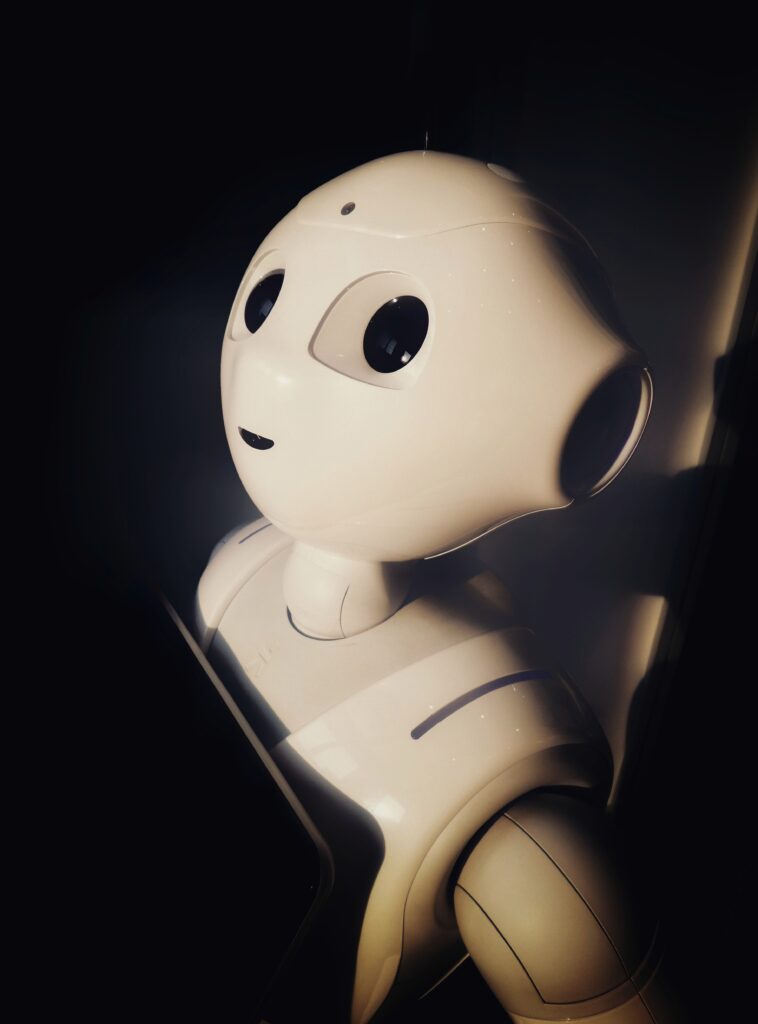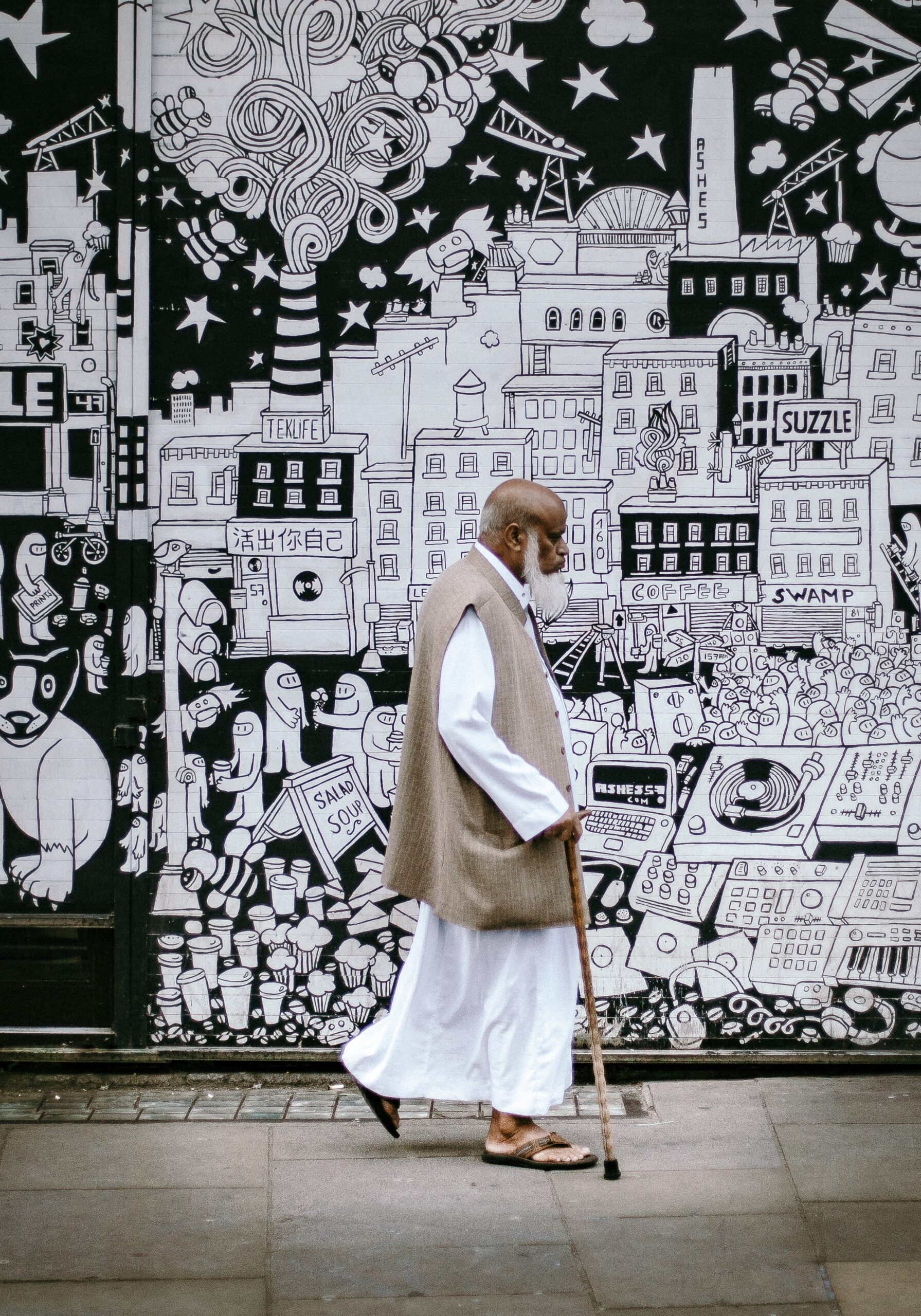Artificial intelligence (A.I.) has emerged as a powerful and pervasive force in society, prompting both excitement and concern. While artists have been utilizing A.I. technologies for years, the recent advancements in text-to-image generators have sparked a new wave of concerns about the impact of A.I. on culture. These A.I. generated images often lack the depth and nuance of human characteristics, raising questions about the devaluation and trivialization of culture. Furthermore, A.I. can only produce mere approximations of preexisting materials, lacking the ability to truly innovate. This rise of A.I. in music and other art forms also invites contemplation on the very essence of human creativity and the value of human art. Underlying concerns lie in the reduction of human thought and life to standardized data sets, highlighting the need to set higher cultural expectations that demand art reflects the true extent of human powers and aspirations. However, amidst these concerns, there is also the potential for A.I. to inspire a reevaluation of the unique abilities and value of human creation.
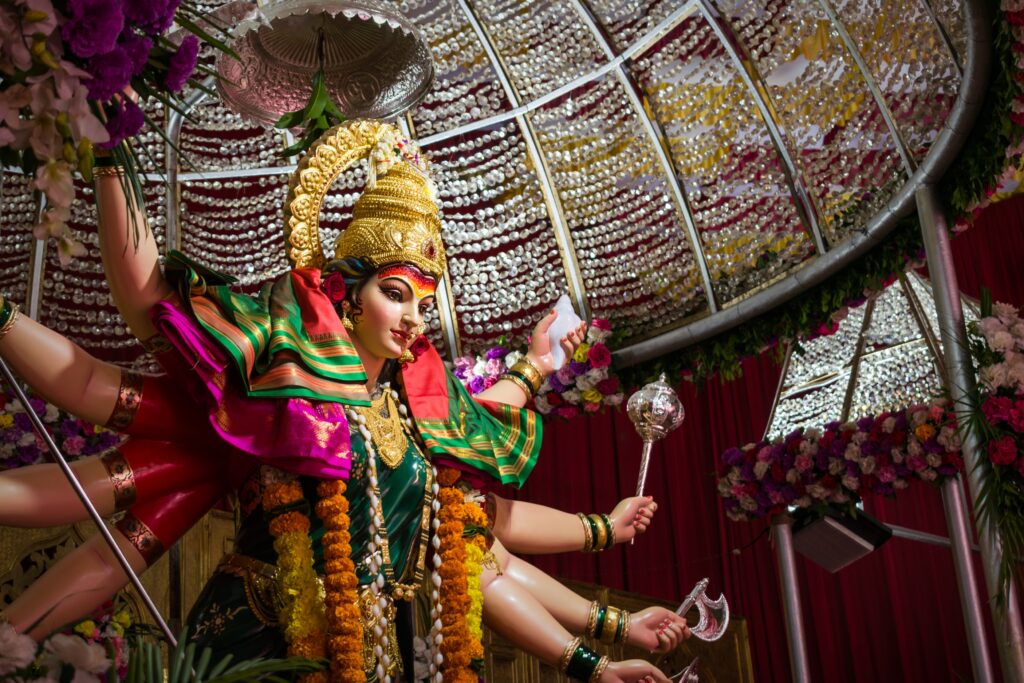
Impact of A.I. on Culture
Artificial intelligence (A.I.) has greatly impacted various aspects of society, including culture. While A.I. technologies have been utilized by artists for several years, recent advancements in text-to-image generators have sparked concerns about their potential influence on culture. This article will delve into the concerns surrounding the impact of A.I. on culture, particularly focusing on the devaluation and trivialization of culture and the limited capability of A.I. to innovate. Additionally, we will explore the questions raised by A.I.’s involvement in music and art, specifically regarding human creativity and the value of human art. Finally, we will discuss the threat posed by A.I. in reducing human thought and life to standardized data sets, as well as the potential for A.I. to inspire a reevaluation of human abilities and the value of human creation.
Concerns about A.I. in Culture
Devaluation and Trivialization of Culture
One of the primary concerns surrounding the impact of A.I. on culture is the devaluation and trivialization that can occur as a result. A.I.-generated images often lack the subtle nuances and human characteristics that make art and culture meaningful. These images tend to be simplistic reproductions based on input data, lacking the depth and complexity that human creators are capable of. This oversimplification can lead to a loss of authenticity and resonance within the cultural landscape.
Moreover, the ease and accessibility of A.I. tools may lead to an oversaturation of A.I.-generated content, flooding the cultural sphere with generic and unoriginal creations. This overabundance of A.I.-produced works may dilute the quality and significance of cultural expression. It is crucial to recognize the importance of human creativity in preserving the uniqueness and richness of culture.
Limited Capability to Innovate
Another concern regarding A.I.’s impact on culture is the limited capability of A.I. systems to innovate. While A.I. technologies excel at analyzing and processing vast amounts of data, they rely on existing data sets to generate output. Unlike human creativity, which has the ability to transcend known boundaries and create novel concepts, A.I. can only produce prompt-driven approximations of preexisting materials.
This limitation inhibits the potential for true innovation within cultural domains. Without the profound insights, intuition, and ability to think beyond established boundaries that humans possess, A.I. can only replicate what has already been done, but not truly push the boundaries of cultural innovation. It is essential to recognize the irreplaceable role of human creativity in driving cultural evolution and fostering new ideas.
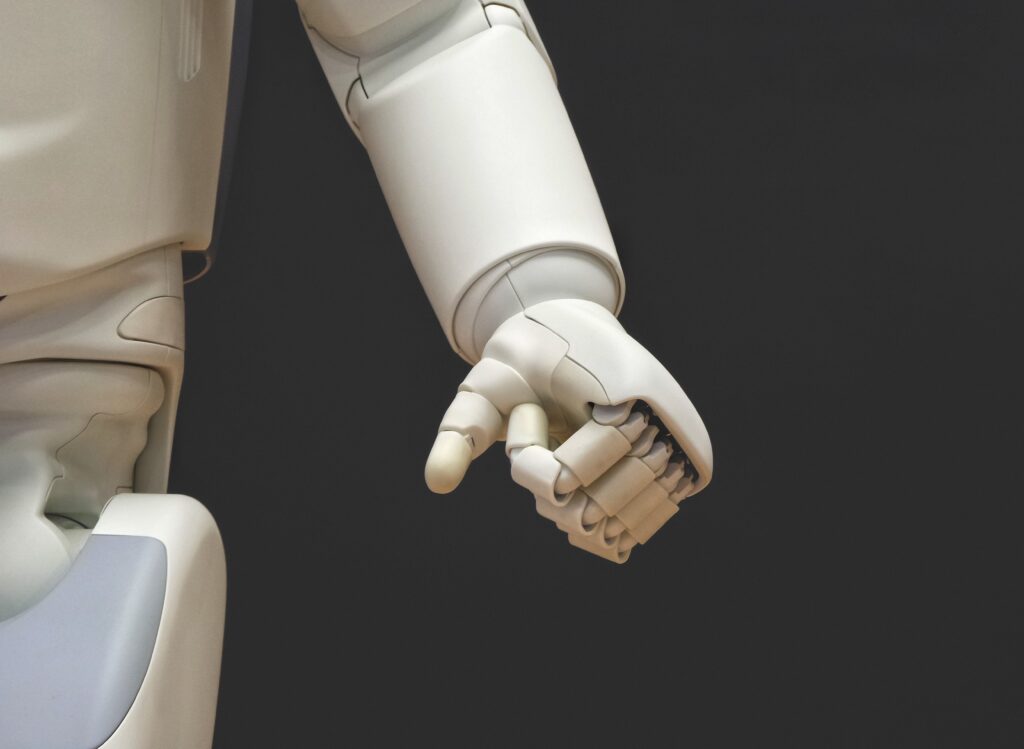
A.I. in Music and Art: Questions on Human Creativity
The integration of A.I. technologies in the realms of music and art has raised thought-provoking questions about the nature of human creativity and the value of human art. While A.I. systems are now capable of composing music or generating visual art, the key distinction lies in the origin of creativity. Human creativity is intricately intertwined with emotions, experiences, and the unique capacity to connect disparate ideas, resulting in works that transcend mere technical proficiency.
Nature of Human Creativity
Human creativity encompasses more than the ability to produce aesthetically pleasing or technically proficient pieces. It embodies the essence of what it means to be human – the ability to reflect, analyze, and express complex emotions and experiences through various artistic mediums. The depth and authenticity present in human creative processes cannot be replicated or replaced by A.I.
Value of Human Art
Human art carries an inherent value that extends beyond the mere physical manifestation of the artwork itself. It is the product of human thought, emotions, and aspirations – a reflection of the human condition. Each brushstroke, lyric, or melody encapsulates the artist’s unique perspective and contributes to the fabric of culture. A.I. lacks the depth of human emotions and experiences, limiting its ability to create art that carries the same profound impact.
Threat of A.I. to Culture
The threat posed by A.I. to culture lies in its potential to reduce human thought and life to standardized data sets. A.I. systems excel at processing massive amounts of data and identifying patterns within them. This data-centric approach may inadvertently lead to a reductionist perspective, simplifying the complexities of human existence and the vast range of human thoughts, emotions, and aspirations.
By reducing cultural expression and human experiences to quantifiable data, the uniqueness and individuality that define culture become marginalized. The diversity of perspectives and the intangible aspects that contribute to cultural richness risk being overshadowed by standardized representations created by A.I. systems.
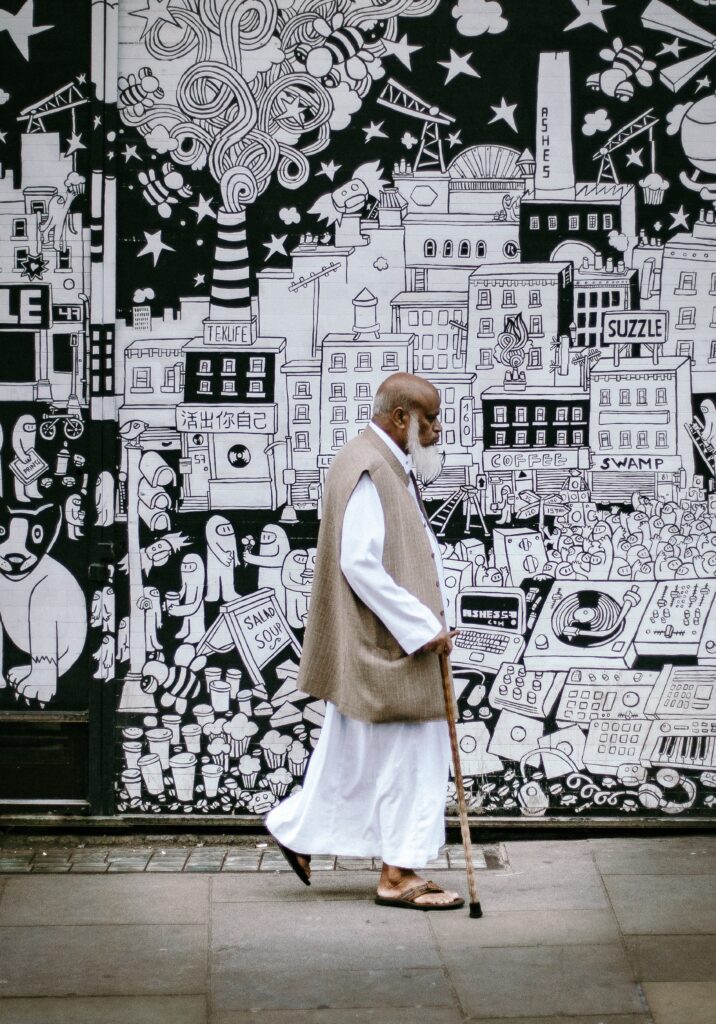
Redefining Cultural Expectations
Rather than worrying solely about whether A.I. can replicate human abilities, it is crucial to shift the focus towards raising cultural expectations and demanding that art reflects the full extent of human powers and aspirations. By redefining cultural expectations, society can emphasize the importance of human creativity as an irreplaceable aspect of cultural expression.
Raise Cultural Expectations
Society should strive to raise the bar for cultural productions, encouraging creators to delve deeper into the profound complexities of the human experience. By demanding more from artists and expanding cultural expectations, we can ensure that A.I. does not diminish the significance and authenticity of cultural expression.
Demanding Art Reflecting Human Powers and Aspirations
As consumers of culture, it is vital to support artists who strive to create works that transcend the limitations of A.I. and tap into the depths of human creativity. By embracing and actively seeking out artwork that reflects the full range of human powers and aspirations, society can contribute to the preservation of cultural authenticity, originality, and diversity.
A.I. as Inspiration for Human Creation
While A.I. may pose certain threats to culture, it can also serve as a source of inspiration for human creation. The proliferation of A.I. technologies can encourage society to reevaluate the unique abilities and value of human creation, reminding us of the aspects that separate us from machines.
Reevaluating Human Abilities
By witnessing the capabilities of A.I. systems, humans may be compelled to reevaluate and appreciate their own unique abilities. The cognitive processes involved in human creativity, the capacity to explore emotions and experiences, and the potential for innovation are aspects that A.I. cannot fully replicate. A.I. can serve as a catalyst for introspection, highlighting the qualities that make human creation extraordinary.
Recognizing the Value of Human Creation
The emergence of A.I. in creative fields can also serve as a reminder of the value inherent in human creation. As A.I.-generated content becomes more prevalent, there is an opportunity to recognize and appreciate the authenticity and depth present in human art. By valuing human creation and actively supporting artists, society can ensure the preservation and advancement of cultural expression for future generations.
In conclusion, the impact of A.I. on culture cannot be overlooked. Concerns surrounding the potential devaluation and trivialization of culture, as well as the limited capability of A.I. to innovate, have arisen with the integration of A.I. in various artistic domains. Nevertheless, it is crucial to recognize the distinct nature of human creativity and the value of human art that stem from emotions, experiences, and the ability to think beyond existing boundaries. Rather than succumbing to the threats posed by A.I., society should reevaluate cultural expectations and demand art that reflects the full extent of human powers and aspirations. Furthermore, A.I. can serve as a source of inspiration, prompting a reevaluation of human abilities and fostering an appreciation for the unique value of human creation. By embracing this perspective, cultural authenticity, originality, and diversity can be preserved in the face of advancing A.I. technologies.
